MARKET OVERVIEW
The US Homeschooling market represents a dynamic educational landscape that has garnered increasing attention and participation in recent years. This unconventional approach to education has carved a niche in the broader educational industry. As parents seek alternatives to traditional schooling, the Homeschooling market has witnessed a surge in popularity.
Within the US Homeschooling market, families are embracing a personalized and flexible approach to education. This industry caters to the diverse needs and preferences of parents who opt for a more hands-on involvement in their children's learning journey. Unlike the conventional education system, Homeschooling grants families the autonomy to tailor the curriculum according to individual student capabilities and interests.
One notable aspect of the Homeschooling market is the vast array of resources available to parents and students. From online platforms offering interactive lessons to offline materials designed for hands-on learning, the market provides a rich tapestry of educational tools. This variety ensures that parents can choose methods that resonate with their teaching style and their child’s learning preferences.
The US Homeschooling market is not limited to a specific demographic. Families from various backgrounds, motivated by diverse reasons, are actively participating in this educational paradigm. Whether driven by religious beliefs, dissatisfaction with traditional schooling, or a desire for a more holistic education, parents find a range of options within the Homeschooling market to meet their specific needs.
In the Homeschooling landscape, a sense of community plays a pivotal role. With the rise of co-ops, support groups, and online forums, parents engage in collaborative efforts, sharing insights, resources, and experiences. This communal aspect fosters a supportive environment where families can navigate the challenges and celebrate the successes of their Homeschooling journey together.
Technology serves as a catalyst in the Homeschooling market, enabling innovative and interactive learning experiences. Virtual classrooms, educational apps, and online assessments have become integral components of the Homeschooling toolkit. This integration of technology not only enhances the learning experience but also prepares students for the digital age.
Challenges, however, are not absent from the Homeschooling market. Concerns about socialization, standardized testing, and the ability of parents to effectively deliver education are topics that echo within this educational paradigm. As the Homeschooling market continues to evolve, addressing these challenges becomes imperative to ensure its sustained growth and acceptance.
The US Homeschooling market represents a vibrant and evolving sector within the educational landscape. It caters to the growing demand for alternative educational approaches, offering parents the flexibility to tailor their child’s learning experience. With a diverse array of resources, a sense of community, and the integration of technology, the Homeschooling market continues to shape the educational choices available to families across the nation.
The US Homeschooling market is estimated to reach $9,486.0 Million by 2031; growing at a CAGR of 6.9% from 2024 to 2031.
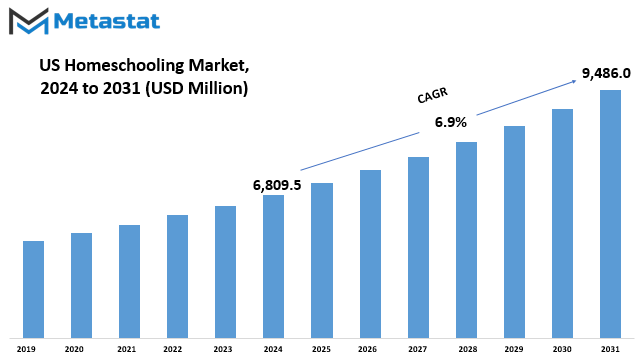
GROWTH FACTORS
The growth of the US homeschooling market is influenced by several key factors. One significant driving force is the increasing awareness among parents about alternative education methods. This awareness prompts them to explore homeschooling as a viable option for their children's education. Additionally, the flexibility that homeschooling offers is another crucial factor contributing to its growth.
Parents appreciate the ability to tailor the curriculum to suit their child's individual needs and learning style. This adaptability fosters a more personalized educational experience, addressing the diverse learning preferences of students. As a result, the homeschooling market gains traction as more parents seek a more tailored and flexible approach to education.
Moreover, the rise of technological advancements has played a pivotal role in the expansion of homeschooling. The accessibility of online resources and educational tools empowers parents to create comprehensive and interactive learning experiences for their children. This integration of technology not only enhances the quality of education but also makes homeschooling more appealing to a broader audience.
However, challenges exist that may hinder the growth of the homeschooling market. Skepticism and misconceptions about the effectiveness of homeschooling could act as barriers, deterring some parents from embracing this alternative. Additionally, concerns about socialization opportunities and the lack of standardization may pose challenges to widespread acceptance.
Despite these hurdles, there are promising opportunities on the horizon. The increasing dissatisfaction with traditional education systems and the desire for more individualized learning experiences create a fertile ground for the homeschooling market to flourish. Innovations in educational approaches and the continuous evolution of teaching methods present lucrative prospects for the market in the years to come.
The US homeschooling market experiences growth driven by factors such as parental awareness, flexibility, and technological advancements. While challenges like skepticism and concerns about socialization exist, the potential for a more personalized and adaptable education system offers significant opportunities for the market's expansion in the future.
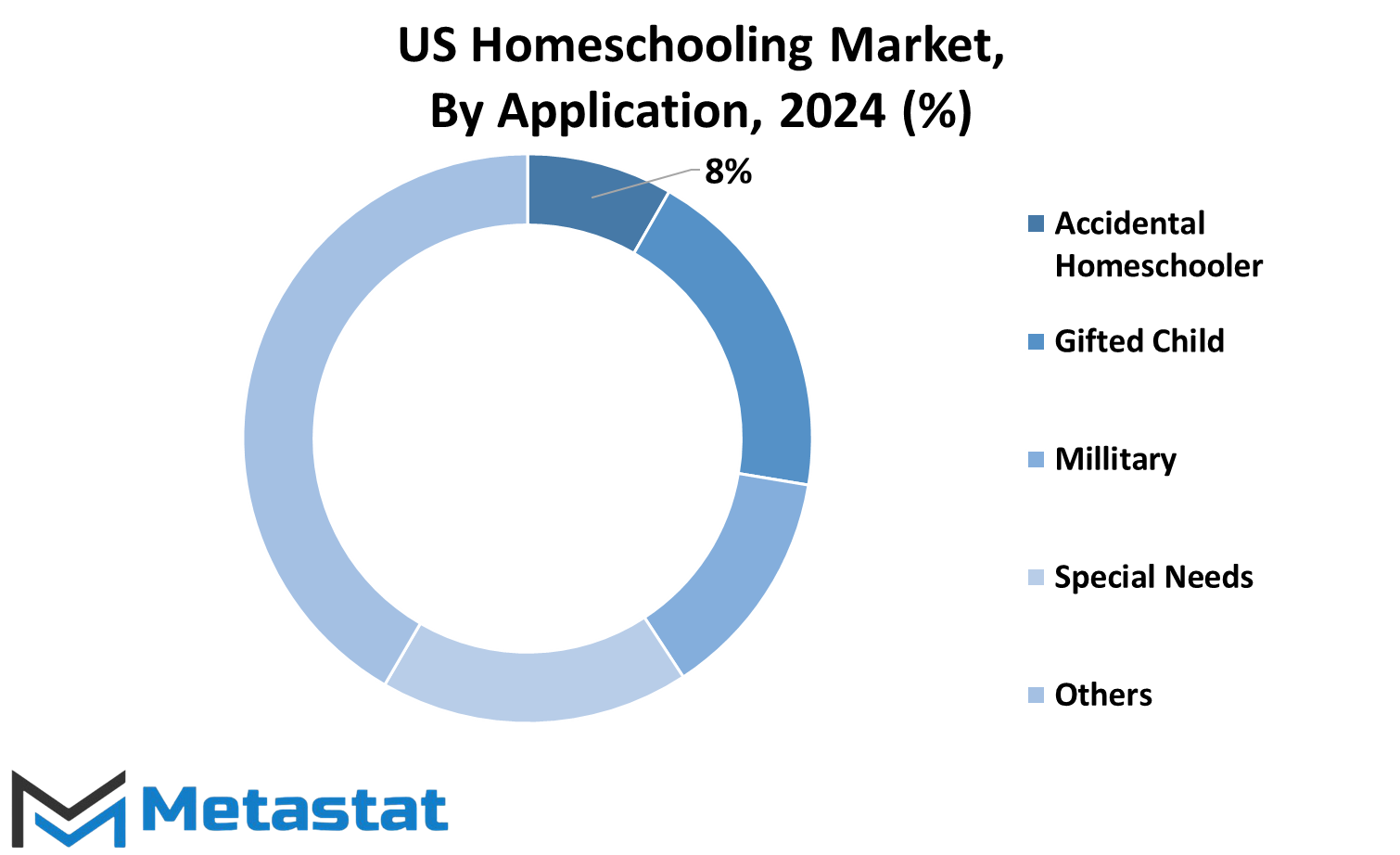
MARKET SEGMENTATION
By Type
The American homeschooling sector is divided by type, encompassing pre-school, elementary, middle school, and high school levels. This segmentation provides a comprehensive understanding of the market, offering insights into various educational stages. It allows for a nuanced examination of the homeschooling landscape, catering to students at different developmental phases.
Examining the specifics of the US Homeschooling market reveals a breakdown based on educational levels. The categorization includes pre-school, catering to the early stages of a child’s learning journey. Moving forward, there are divisions for elementary, middle school, and high school, capturing the diversity of educational needs at distinct stages of development. This segmentation aids in comprehending the dynamics of homeschooling across the spectrum of academic progression.
In dissecting the US Homeschooling market, one notices a detailed categorization based on educational phases. The breakdown involves pre-school, the foundational stage of a child’s education, followed by elementary, middle school, and high school levels. This granular segmentation provides a thorough overview of the homeschooling landscape, accommodating the varied learning requirements encountered at different points in a student’s academic journey.
An analysis of the US Homeschooling market reveals a nuanced approach, categorizing it by educational stages. This segmentation includes pre-school, addressing the early formative years of education, and extends to elementary, middle school, and high school levels. This classification offers a holistic perspective on homeschooling, acknowledging the diverse educational needs prevalent at different developmental milestones.
The segmentation of the US Homeschooling market by type unveils a comprehensive breakdown, encompassing pre-school, elementary, middle school, and high school levels. This categorization enables a detailed exploration of the homeschooling landscape, considering the distinct educational requirements at various stages. It provides a comprehensive framework for understanding the dynamics of homeschooling in the United States.
COMPETITIVE PLAYERS
The US homeschooling market boasts a range of competitive players, each contributing to the dynamic landscape of the homeschooling industry. These key players encompass a diverse array of educational platforms and resources, catering to the unique needs of homeschooled families across the country.
Time4Learning, Abeka, and ABCmouse.com are prominent figures in this educational arena, offering comprehensive solutions designed to support homeschooling parents and enhance the learning experience for students. These platforms provide a varied curriculum, fostering a well-rounded education that covers core subjects and beyond.
Stride, Inc. (K12) and Khan Academy have also established their presence as influential players, leveraging technology to deliver engaging and effective online learning experiences. Their commitment to innovation aligns with the evolving needs of homeschooling families, providing flexible and interactive educational options.
The CK-12 Foundation and Sonlight contribute to the diversity of available resources, offering educational materials and curricula that cater to different learning styles. Pearson Education, Inc. and Savvas Learning Company LLC. bring their expertise to the table, ensuring quality educational content that aligns with academic standards.
In the digital realm, edX Inc., Duolingo, and BrainPOP play crucial roles in enhancing the homeschooling experience. These platforms bring interactive and multimedia elements to the educational journey, making learning more engaging and accessible.
BJU Press, Timberdoodle Co, and The Critical Thinking Co. contribute distinctive approaches to homeschooling, providing specialized materials that cater to specific educational philosophies and learning preferences. Their presence adds depth and variety to the available options for homeschooling families.
The competitive landscape of the US homeschooling market is marked by the diverse offerings of key players such as Time4Learning, Abeka, ABCmouse.com, Stride, Inc. (K12), Khan Academy, CK-12 Foundation, Sonlight, Pearson Education, Inc., Savvas Learning Company LLC., edX Inc., BJU Press, Duolingo, Timberdoodle Co, and The Critical Thinking Co. Each player brings its unique strengths, contributing to the richness of resources available to homeschooling families seeking quality education outside traditional classroom settings.
Homeschooling Market Key Segments:
By Type
- Pre-school
- Elementary
- Middle School
- High School
Key US Homeschooling Industry Players
- Time4Learning
- Abeka
- ABCmouse.com
- Stride, Inc. (K12)
- Khan Academy
- CK-12 Foundation
- Sonlight
- Pearson Education, Inc.
- Savvas Learning Company LLC. • edX Inc.
- BJU Press
- Duolingo
- Timberdoodle Co
- The Critical Thinking Co.
- BrainPOP
WHAT REPORT PROVIDES
- Full in-depth analysis of the parent Industry
- Important changes in market and its dynamics
- Segmentation details of the market
- Former, on-going, and projected market analysis in terms of volume and value • Assessment of niche industry developments
- Market share analysis
- Key strategies of major players
- Emerging segments and regional growth potential



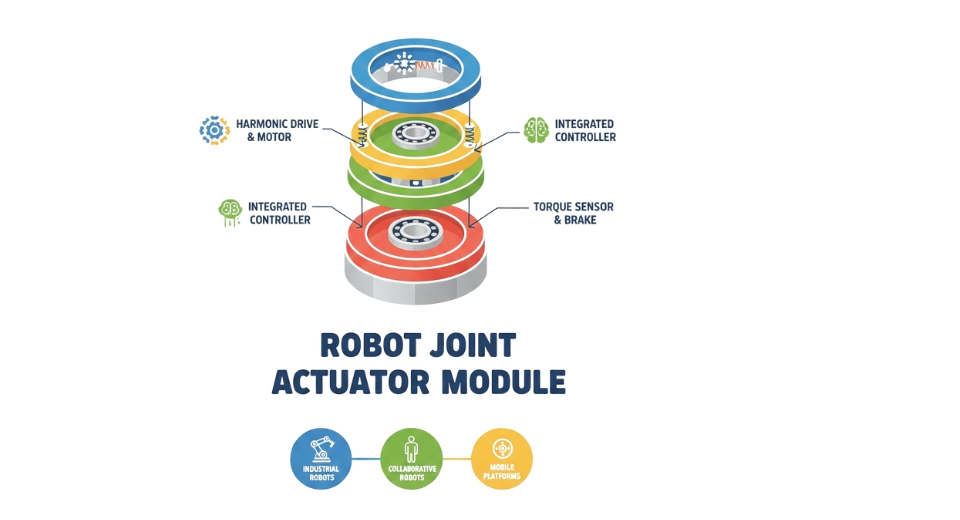
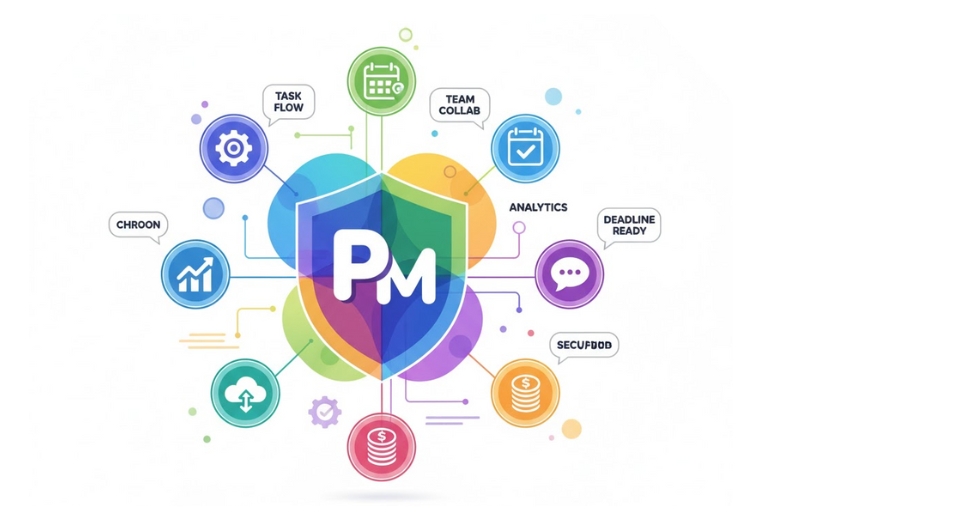
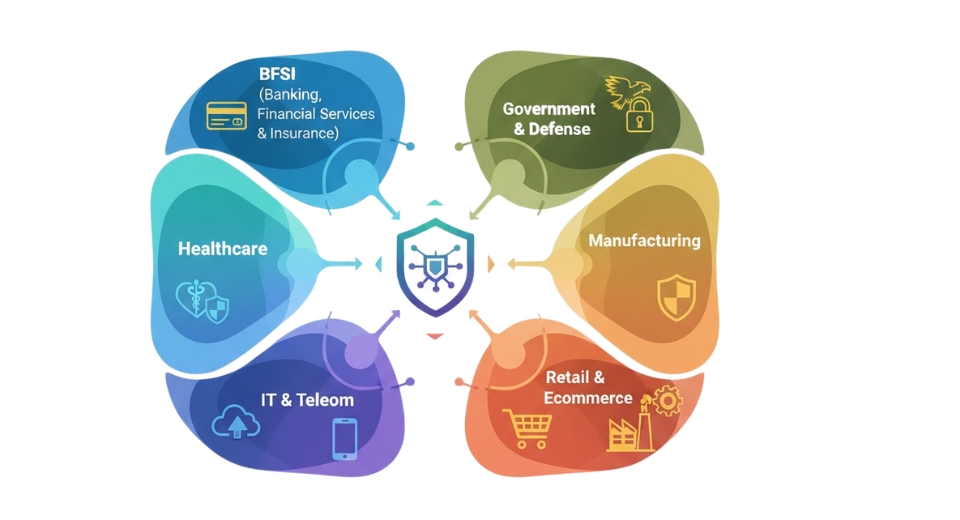


 US: +1 3023308252
US: +1 3023308252






